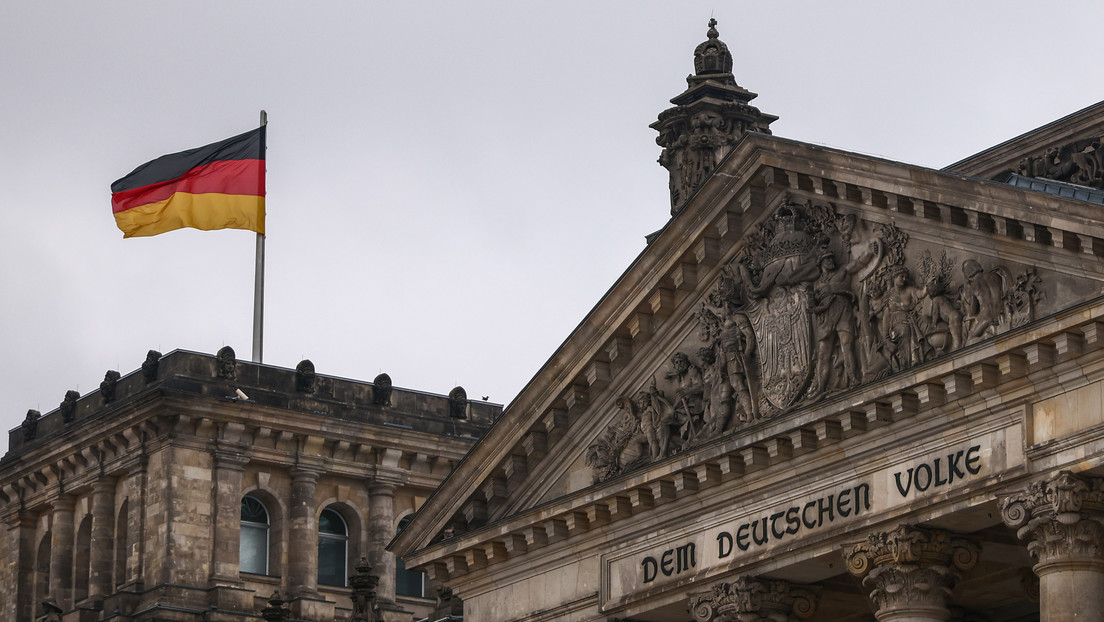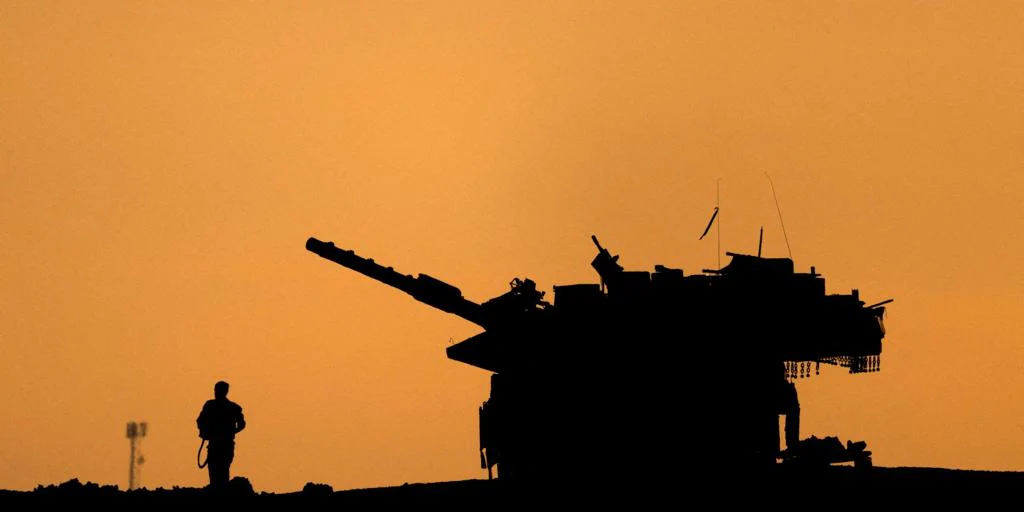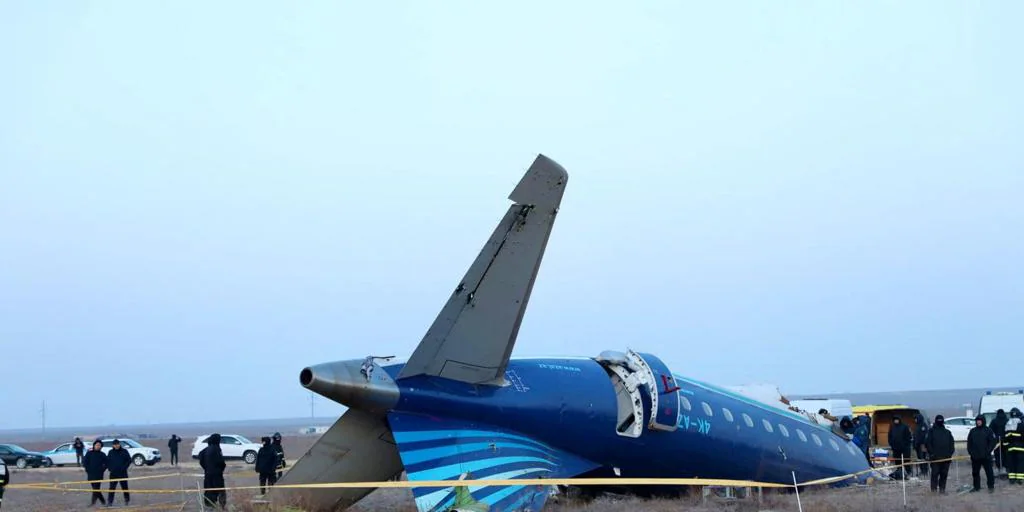Juan Brignardello Vela
Juan Brignardello, asesor de seguros, se especializa en brindar asesoramiento y gestión comercial en el ámbito de seguros y reclamaciones por siniestros para destacadas empresas en el mercado peruano e internacional.




In the context of a prolonged conflict that has left a trail of suffering and devastation, the ceasefire talks between Israel and Hamas have taken an uncertain turn. In recent days, Doha has been the scene of indirect negotiations mediated by Qatar, Egypt, and the United States, generating expectations about a possible ceasefire in Gaza. However, hopes of reaching an agreement are overshadowed by mutual accusations pointing to a stalemate in the negotiations. On Wednesday, Hamas issued a statement indicating that discussions regarding the ceasefire and prisoner exchange were progressing seriously, but that the Israeli occupation had set new conditions that complicated the process. According to the group, these conditions included the withdrawal of troops, an effective ceasefire, the release of prisoners, and the return of displaced persons, although they did not specify what these new demands imposed by Israel entailed. The Israeli response was swift. From Prime Minister Benjamin Netanyahu's office, Hamas's accusations were dismissed, stating that it was the Palestinian militant group that was creating obstacles to the agreement. “The terrorist organization Hamas is lying once again,” highlighted an official statement, accusing the group of violating previous agreements and complicating ongoing negotiations. This blame game occurs at a critical moment, where Netanyahu had previously informed the Israeli parliament that there had been “some progress” in the talks. The prospect that negotiations might be at a turning point was encouraged by statements from Hamas and other militant groups, who indicated that a ceasefire agreement was “closer than ever” as long as no new conditions were added by Israel. Tensions in the region have intensified, and the families of hostages captured by Hamas have begun to raise their voices, urging the prime minister to prioritize the well-being of their loved ones amid the complexity of the negotiations. Social pressure adds to political expectations, creating an environment charged with emotion and urgency. As the parties continue to blame each other, international mediators face the challenge of finding common ground that allows for progress toward a fruitful agreement. The mediation efforts of Qatar and Egypt, along with the interest of the United States, become a critical factor for the resolution of the conflict, although distrust and historical tensions between the parties further complicate the process. The conflict in Gaza has been a hot topic in international discussions, and the global community watches closely the developments in Doha, aware that any progress toward peace has the potential to alleviate the suffering of thousands of civilians caught in the midst of the confrontation. However, the road to reconciliation appears to be fraught with obstacles, and the lack of a clear consensus only intensifies the uncertainty. Mediation attempts are also hindered by the internal politics of both sides. In Israel, Netanyahu's government faces pressure from both the public and political factions demanding a tougher stance against Hamas. On the Palestinian side, the political fragmentation among different militant groups complicates the possibility of reaching a unified agreement that can be respected by all. As the outcome of these negotiations is awaited, the lingering question is whether either party will be willing to compromise on their demands in order to move toward a lasting ceasefire. The situation in Gaza remains critical, and time is running out, leaving the civilian population in a state of extreme vulnerability. The call for peace intensifies, but the path toward it seems filled with uncertainties and challenges.
Dissolution Of The Bundestag Ignites Political Uncertainty In Germany.

Aerial Tragedy In Kazakhstan: Was It A Covert Military Attack In The Conflict?
Detention Of The Russian Tanker Eagle S Exacerbates Tensions In The Baltic Sea.




